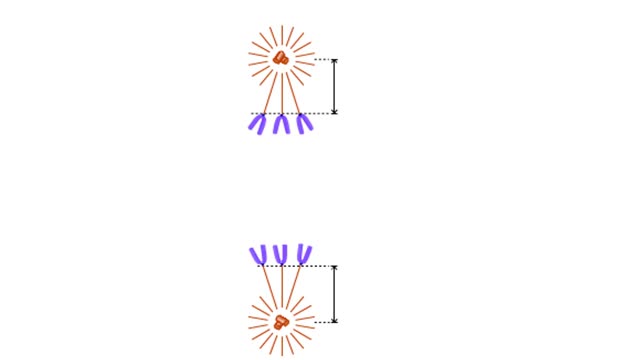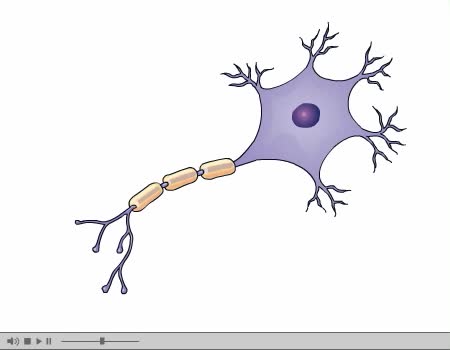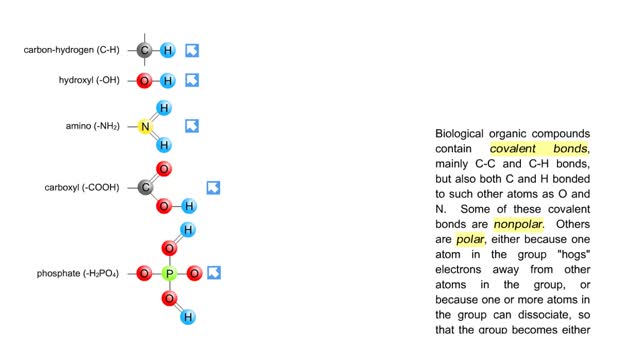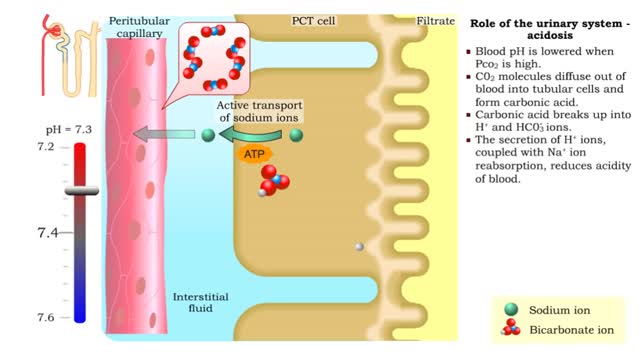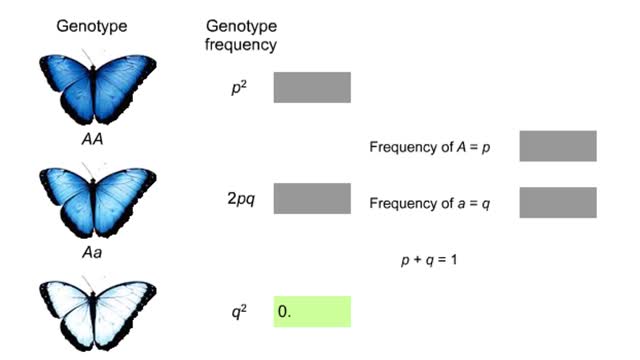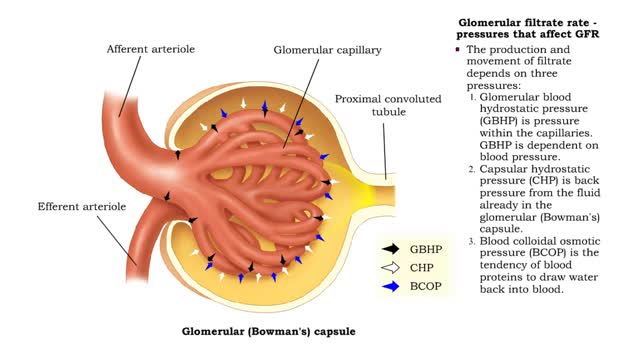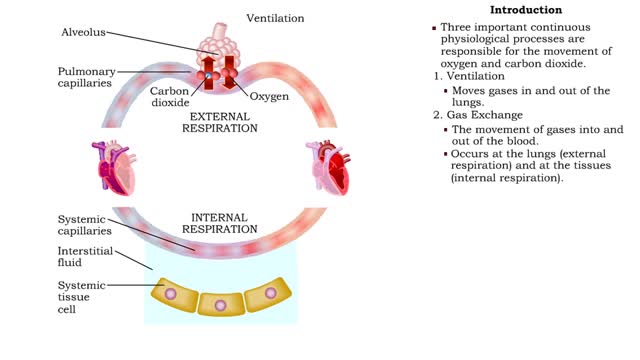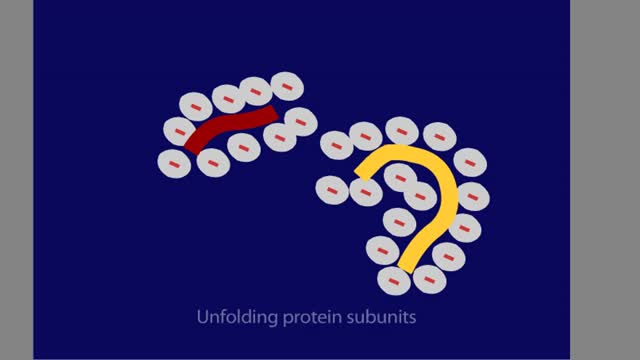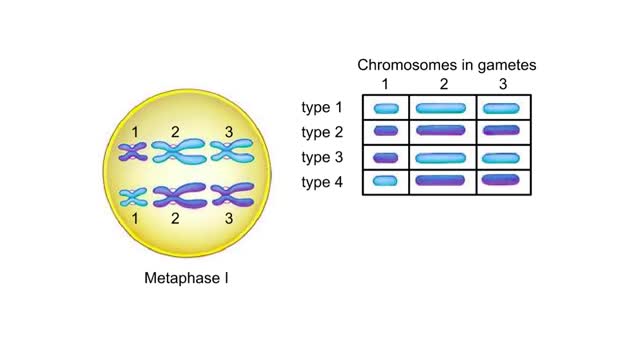Search Results
Results for: 'Light Dependent Reactions'
Chromosome structural organization/ Mechanisms for chromosome movement Animation
By: HWC, Views: 7554
How the chromosome is organized. At metaphase, the chromosomes are duplicated and are at their most condensed. In each chromosome, two identical sister chromatids are held together at a constricted region called the centromere. When a chromosome is condensed, interactions among chromosomal ...
Nerve Impulse Transmission Animation
By: Administrator, Views: 14755
How nerves transmit impulses. Stimulation of a nerve occurs at a receptor. Sensory receptors Specialized to specific types of stimulation such as heat, cold, light, pressure, or pain. React by initiating a chemical change or impulse. All-or-none principle Means that no transmission occ...
By: HWC, Views: 10826
Biological organic compounds contain covalent bonds, mainly C-C and C-H bonds, but also both C and H bonded to such other atoms as O and N. Some of these covalent bonds are nonpolar. Others are polar, either because one atom in the group "hogs" electrons away from other atoms in the group, or...
Role of the urinary system - acidosis and alkalosis
By: HWC, Views: 11488
• Tubular cells of the proximal convoluted tubule and collecting tubules can alter filtrate pH and therefore blood pH. • These cells can affect blood pH with two coupled mechanisms: • Reabsorption of bicarbonate ions. • Secretion of hydrogen ions. • The reabsorption of bicarbonate...
How to find out if a population is evolving?
By: HWC, Views: 8486
Imagine a butterfly population with a pair of alleles that influence wing color as shown. We will represent the frequency of the dominant allele as p and the recessive allele as q. The Hardy-Weinberg rule describes what happens if a population is at genetic equilibrium—if it is not evolving...
Glomerular filtrate rate: pressures that affect GFR, NFP & GFR and blood composition
By: HWC, Views: 11828
• The glomerular filtration rate is the amount of filtrate formed per minute within the renal corpuscle. • Once the filtrate is formed it moves down the tubule. • The production and movement of filtrate depends on three pressures: I. Glomerular blood hydrostatic pressure (GBHP) is ...
By: HWC, Views: 11378
• The respiratory system is responsible for the movement of gases involved in cellular metabolism. • Oxygen is used up and carbon dioxide is generated during the aerobic breakdown of glucose and other fuel molecules in order to produce ATP. • Three important continuous physiological pro...
Power Supply Polyacrylamide Gel Protein Sample
By: HWC, Views: 10548
SDS-polyacrylamide gel electrophoresis is a powerful tool, which resolves proteins according to their molecular weights. Because proteins differ in size, shape, and charge, a protein sample is first denatured with the anionic detergent SDS. When the sample is heated, the SDS molecules bind to ...
Random alignment at Metaphase I Animation
By: HWC, Views: 5841
Possible outcomes of random alignment at metaphase I. In this example, three types of chromosomes are labeled 1, 2, and 3. Maternal chromosomes are dark blue; paternal ones are light blue. Suppose that at metaphase I all the maternal chromosomes became attached to one spindle pole and all the ...
Advertisement



